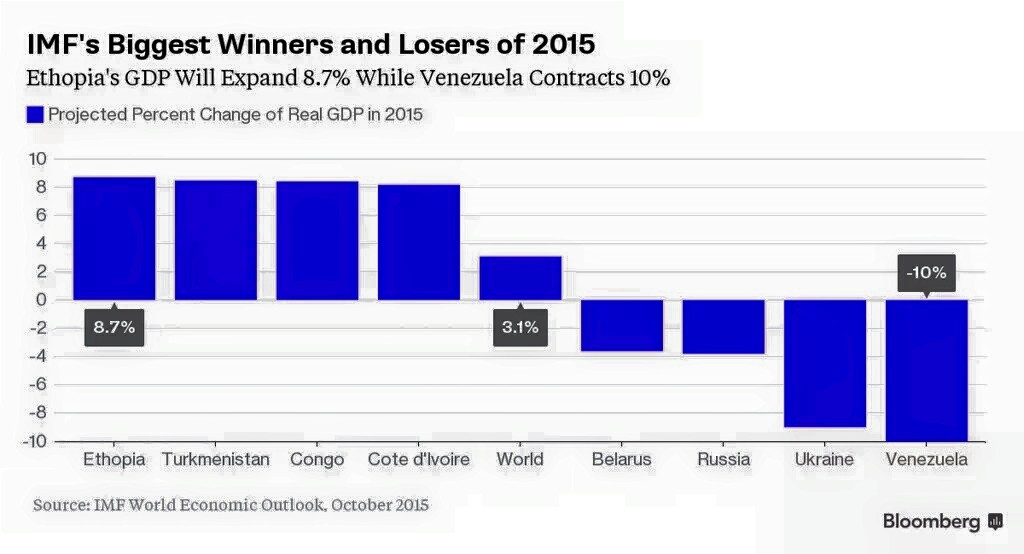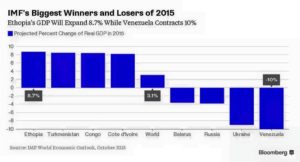Capitalism v Socialism
I want to share a story I read about in the Economist magazine.
The former military dictator of South Korea General Park Chung Hee called in the Hyundai founder Chong Ju Yung and told him “there is a sudden demand for tankers, go and produce them”……
Chong went to Greece and scoped up 2 contracts to build 260,000 ton tankers, promising his customers delivery in 2 years. At this time Korea did not have a shipyard. He then went to Barclays bank and got financing to build a modern ship yard in Korea. However noone in Korea knew how to build ships so Chong sent 60 engineering disciples to Scotland to learn. The two ships were delivered before there deadline.
Today three of the world’s largest ship builders are from Korea. Korean ship builders have two fifth of the worlds market for new modern ships.
Some background, Park Chung Hee was a General, who became President via a coup, his regime was associated with authoritarian rule and saw numerous human rights abuses. Yet look at the exchange he had with the Hyundai man: “go and build ships”….
The General didn’t set up the Korean National Ship building Company, owned, funded and operated by the South Korean Government…No!
In 1960 when General Park came to power, the GDP per capital of South Korea was $72. North Korea was the greater economic power on the Korean Peninsula….yes North Korea. North Korea was industrialized, South Korea was not. Today North Korea has famines, South Korea has the fastest internet access on earth. Same people,
Why?
I believe it’s because North Korea had a government controlled economy South Korea had a free market economy, so different economic ideologies, different results.
The IMF in its World Economic Outlook dated October 2015…listed Ethiopia as the nation with the projected highest change in real GDP in the world at 8.7%…Venezuela is at the bottom of the chart with her economy expected to contract by -10%
Why is Ethiopia growing and Venezuela receding? Well different economic ideologies, different results.
Ethiopia has moved from central economic control to a free markets, Venezuela has moved from free markets to central control In a free market, property is privately owned, and individuals are free to produce, trade, and make-a profit. A central controlled economy is characterized by government management of the economy.
The Ethiopians in 1992 launched a new economic policy whose main thrust was the transformation of their command economy into a market-based economy. The principal aim of the policy was a deregulating economic activity, which had previously been subjected to central planning. A few thing Ethiopia did
1. Direct price controls were nearly eliminated, transferring the power of setting prices to the market.
2. Large devaluation of the local currency, Birr, took place, with a view to make enhance the export possibilities of domestic products. Foreign exchange auction market was introduced, to involve the market in determining the exchange rate of the Birr.
3. A negative list that limits the activities for which foreign exchange may be purchased was virtually eliminated. This provided to importers the freedom to obtain hard currency to import any commodity that is in demand in the domestic market.
Results? From 1974 to 1990 GDP growth for Ethiopia was 1.9% per annum, Today Ethiopia is achieving annual economic growth of more than 7% . Officials expect economic growth of 11% for the 2011–12 fiscal year that ended in June.
What about Venezuela?
The government created CADIVI a currency control board charged with handling foreign exchange procedures. This was to control foreign exchange market by placing limits on how much USD citizens could transfer out of Venezuela. At the end of 2013, the official exchange rate was 1 USD to 6.3 VEF while the black market exchange rate was over ten times higher.
Real inflation now running at nearly 100 per cent, according to Robert Bottome of the VenEconomia think-tank, In 2010, the CIA World fact book listed Venezuela as having the highest annual inflation in the region.
In Venezuela, the country with the world’s largest oil reserves, the citizens have to queue for the right to buy toilet paper as shortages persisted.
The Lessons?
Early Africa was awash with government ownership of the means of production and also centralized management of the economy. Ghana’s Nationalized Cocoa, Nigeria nationalized Oil, Zambia nationalized Copper.
The early African state became operators and regulators. It was economic incest.
Today Africa has embraced the free markets and the results are clear….of all the economies projected to grow the fastest in 2016, Seven are in Africa. It’s important this drive is sustained…in this era of falling commodity prices, market efficiency must be promoted. The government must become enablers of private sector led job growth.
Specific to Nigeria, there are many Bills that will spur private sector led investment in certain sectors. key bills to be passed are the National Transport Commission Bill 2014, the National Roads Fund Bill, the Nigerian Railway Bill 2014, the Nigerian Ports and Harbor Bill 2014 and the National Inner Waterways Authority Bill, and the Petroleum Industry Bill.
These bills take the government out of the management of transportation and downstream petroleum, it removes central planning and empower the economy to grow without the shackles of civil service rule via central planning….
Its our problem, we can fix it
(Photo credit Bloomberg)

